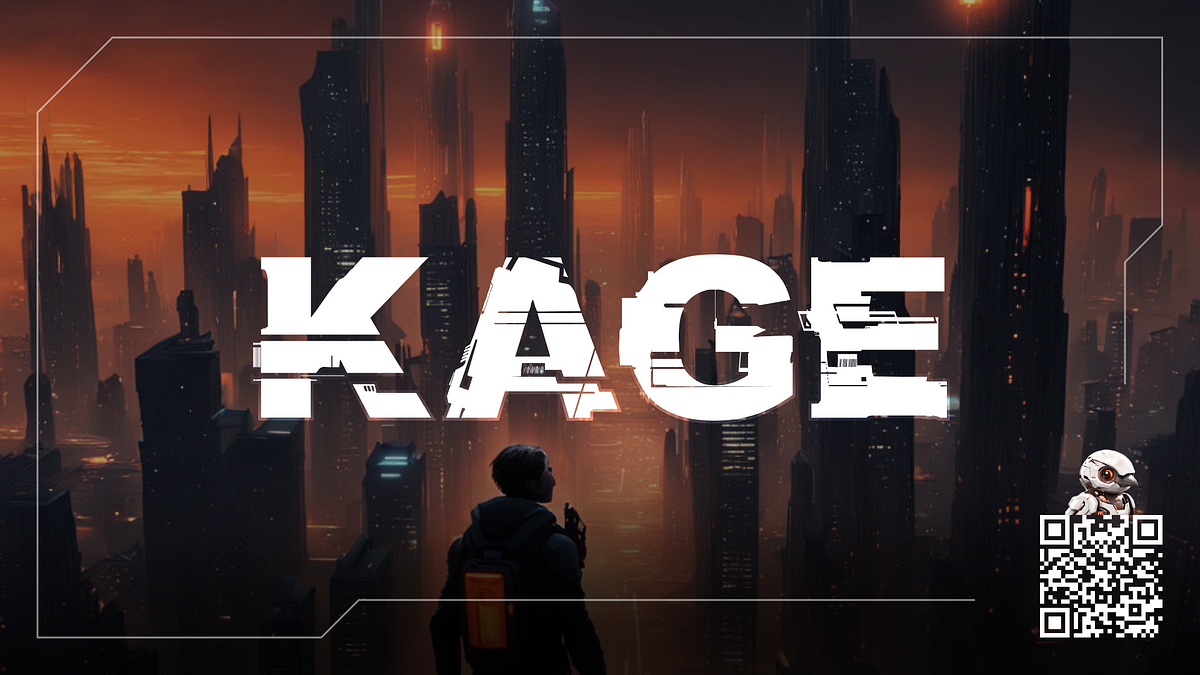Kage: Revolutionizing Geolocation Data Collection Through Gaming

Kage, developed by Chirp, is emerging as a revolutionary solution in the gaming industry, particularly in the realm of geolocation data. Unlike traditional games like Pokémon Go, which have been criticized for collecting user data without consent, Kage empowers players by rewarding them for their contributions to building a global geolocation database. This innovative Play-to-Earn model not only allows users to earn cryptocurrency but also plays a vital role in enhancing indoor navigation services, an area that has seen limited advancements despite the growing demand for precise indoor positioning systems. The indoor positioning market is projected to grow significantly, and Kage aims to capitalize on this by gamifying the process of data collection through real-world activities.
The gameplay of Kage immerses players in a narrative where they act as Data Hunters in a future where connectivity has collapsed. Guided by an AI named Murray, players engage in activities such as walking or driving to detect wireless signals, which they convert into in-game points called Data Chips. These chips not only enhance the player’s status on leaderboards but also translate into tangible rewards in the form of $CHIRP tokens. The game incorporates elements like missions, quests, and community-driven features, ensuring that players remain engaged while contributing to a larger purpose — the restoration of connectivity and the creation of a robust indoor navigation ecosystem.
Kage also introduces exciting campaigns like Wings of Chronos, where players hunt for rare items that unlock additional rewards. By shifting the data collection model from corporate giants to the community, Kage not only provides financial incentives for players but also democratizes access to valuable geolocation data. This approach positions Kage as more than just a game; it is a platform that bridges the gap between gaming, IoT, and decentralized technology, ultimately reshaping the future of how we interact with our environments and the data we generate.
Related News





